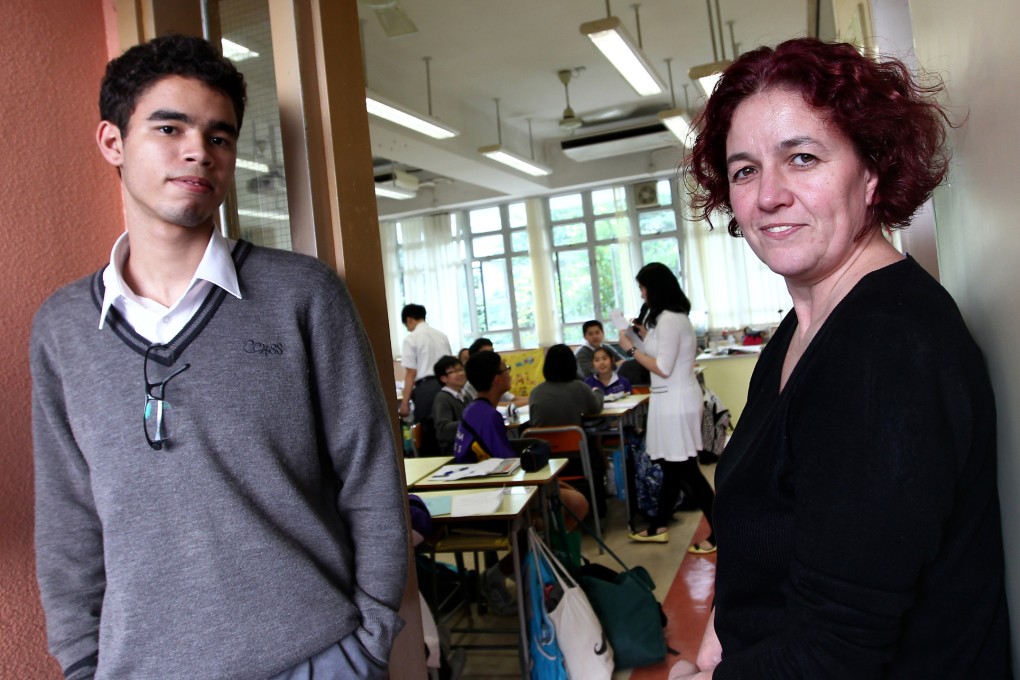Parents in Hong Kong struggling with rising cost of English-language education
And local system makes few allowances for non-Chinese speakers, leaving children struggling to learn, comes warning from expatriates

After almost 20 years in Hong Kong, English teacher Amanda Chapman may soon be forced to leave the city because of difficulties in finding a suitable and affordable school for her daughter.
Chapman, who works at a government-funded school, pays HK$8,600 every month for her seven-year-old's schooling at Renaissance College, a private independent school in Ma On Shan set to provide an alternative curriculum for local families.
The monthly fee will rise to HK$9,230 in the coming school year, says Chapman, and she will not be able to afford it any more if it continues rising at this rate.
But for non-Chinese speaking pupils like her daughter, there are few cheaper options. She said she had contacted schools recommended by the government to families like hers, but many did not admit children who could not speak, read or write Chinese.
"English-language education in Hong Kong is increasingly becoming a privilege exclusive to those who can afford it," said Chapman, who came from Britain 16 years ago.
"If you don't speak Cantonese, then you have no choice but to go to international schools. And the government refuses to acknowledge there is a problem and so does nothing about it," she said.